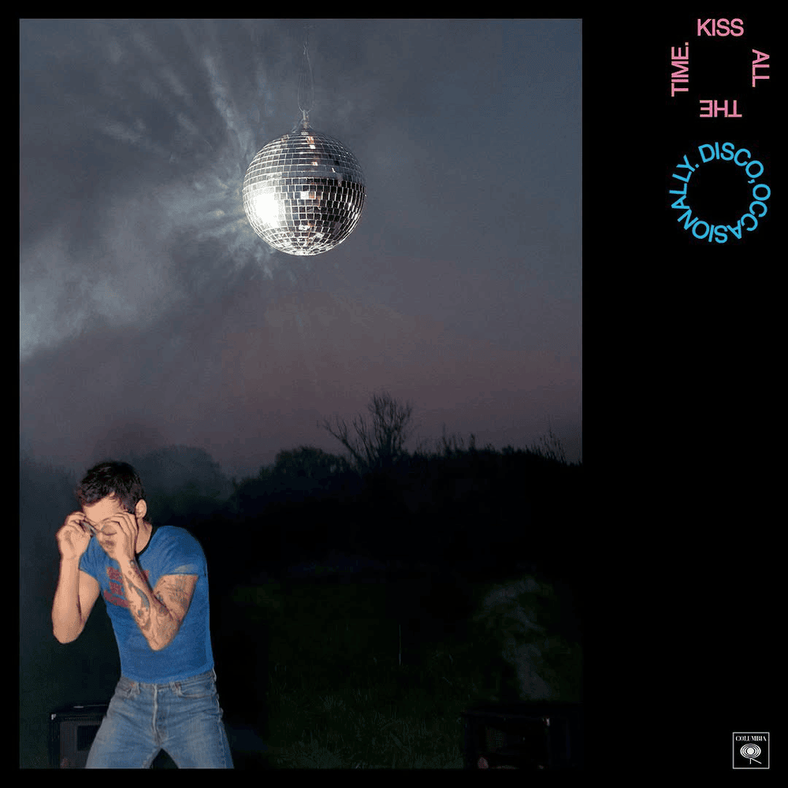Celebrating its 50th anniversary this year is Billy Joel’s “Piano Man.” The song remains important because the meaning behind the song is still relevant.
Released in 1973 as part of Joel’s second album of the same name, “Piano Man” is about a piano player’s experience playing music at a bar for attendees while seeing the predicaments of who they are and how they got there.
According to an article by Smooth Radio, Joel was 24 when he wrote “Piano Man,” and the song portrays a “fictionalized version of Billy’s own experience as a piano-lounge singer for six months in 1972-73 at the Executive Room bar in the Wilshire district of Los Angeles.”
Throughout his time as a piano-lounge player, Joel encountered various people and faces who each had their own story and background.
In a Q & A session with Joel at Harvard, the singer said all of the characters in the song’s lyrics are real people. There really was a “Davy, who’s still in the navy” and a “waitress practicing politics.”
Get The Daily Illini in your inbox!
By doing this, Joel’s lyrics add a sense of realism that the situation going on for some of the characters is very much a possibility for anyone.
Joel also explains he got the idea to write the song after his experience at the bar with all of the people within it, and after repeatedly getting approached by various “producers,” all of whom claimed they could get him a deal with a label.
Within this theme is the idea that music has the power to not only bring people together away from loneliness but also take them back to a time when things were going well.
For example, in the music video for “Piano Man,” whenever the song goes into detail about the people at the bar, the video shows them in the situation described by their lyrics.
Despite it not being the position or place these people might want to be in, they still have a smile on their faces.
However, when the chorus, “Sing us a song, you’re the piano man/ Sing us a song tonight/ Well, we’re all in the mood for a melody, and you’ve got us feelin’ alright,” is sung, it’s as if nothing wrong is going on in these people’s lives, and everyone within the bar is swaying with each other to the music.
Music also brings people together in “Piano Man,” as shown in Joel’s emotional lyrics about an old man asking the pianist for a favor.
“Son, can you play me a memory? I’m not really sure how it goes/ But it’s sad and it’s sweet and I knew it complete/ When I wore a younger man’s clothes,” Joel sings.
The old man’s reaction when his request is fulfilled is simply a slight smile and a look of reminiscence on what once was. This is reflective of how music has varying effects on everyone and everyone has some connection to a song in one way or another.
After 50 years, the song is still highly regarded by many due to its lyrics and how direct and relatable they are after five decades.
Since its release, the song has sold more than five million copies and is currently Joel’s most-streamed song on Spotify with over 750 million listens.
In a 2017 interview with Rolling Stone, when asked what he thinks while singing “Piano Man” onstage, Joel claimed that “it’s gratifying to hear an audience sing your words. But it’s more about feeling than thinking onstage.”
Joel’s song exemplifies what everyone loves about music. Our enjoyment of music isn’t always about what we think with the music we hear; sometimes it’s just about what we feel while listening to a song that we love.
“Piano Man” is the perfect representation of that “feeling,” and it sure has us feeling alright.






